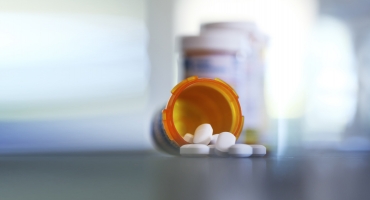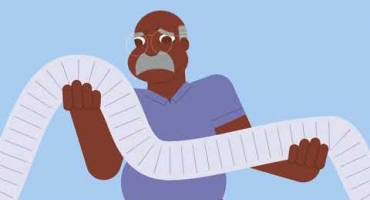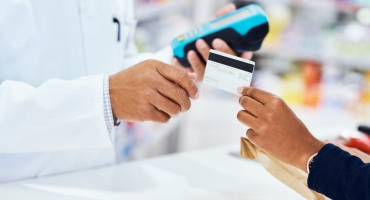Oral Parity
The way we treat cancer is changing. For decades, intravenous (IV) delivery was the primary method for administering the medications used to treat cancer. But today, more and more cancer medications come in the form of a pill and are taken orally. Typically, cancer medications that are administered intravenously are covered under a health plan’s medical benefit. For many patients, this means having to pay a mod...


